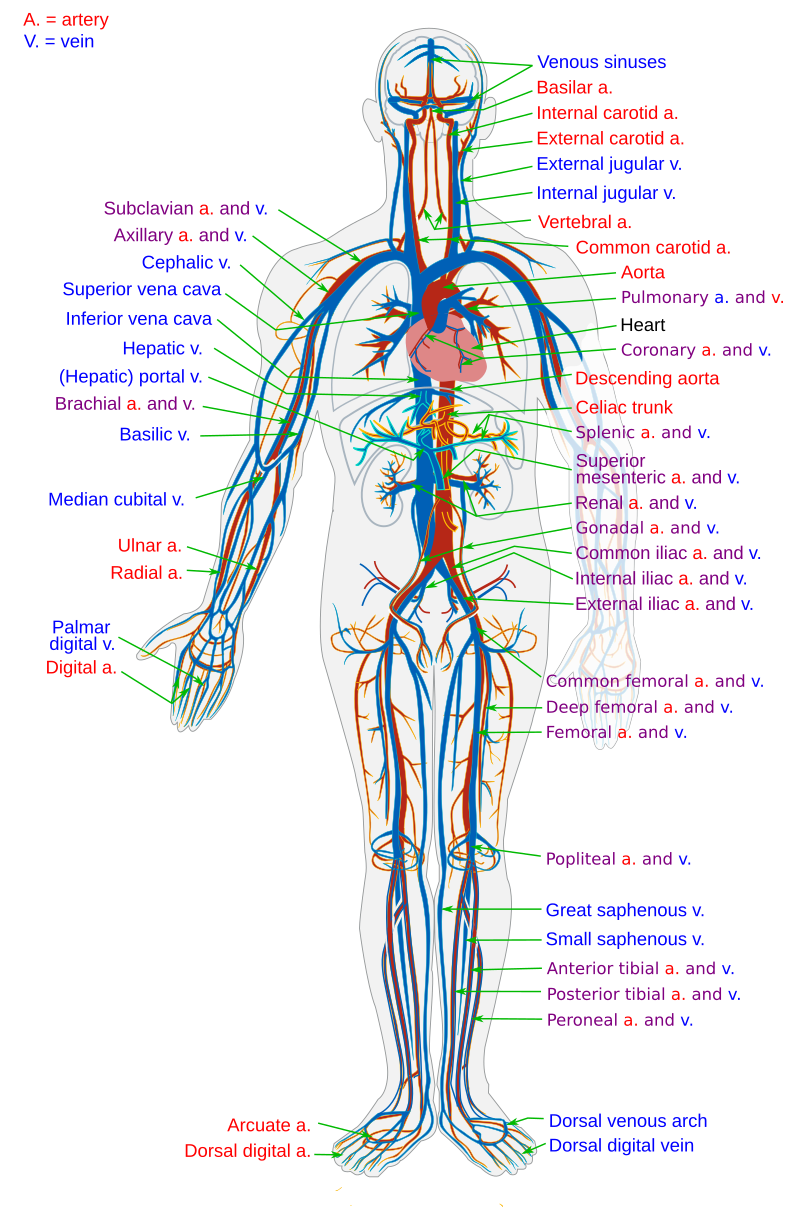New Research Uncovers Brain's Mechanism for Active Memory Deletion

A groundbreaking study by cognitive neuroscientists Jiangang Shan and Bradley Postle from the University of Wisconsin-Madison has revealed a previously unknown mechanism in the human brain that actively deletes unwanted memories, functioning like an internal 'memory janitor.' The findings, published in the Journal of Neuroscience on June 18, 2025, shed light on how the brain manages its limited working memory capacity, which can typically hold only about four independent pieces of information at a time. This research may have significant implications for understanding and treating mental health issues such as depression and post-traumatic stress disorder (PTSD).
The study involved 29 participants who were tasked with memorizing the orientations of two colored bars displayed on a screen. Following this, they received a cue indicating which bar to forget before a third bar appeared. Using scalp electroencephalogram (EEG) sensors, the researchers observed a distinct electrical wave traveling from the anterior to the posterior regions of the brain approximately 160 milliseconds after the 'forget' cue. This wave represented a strong signal to the visual cortex to suppress the unwanted information.
According to Dr. Shan, “The evidence suggests that active deletion is a unique operation, distinctly different from passive forgetting, which merely allows information to fade away.” The study highlights the brain's ability to reallocate its resources efficiently, reinforcing the notion that effective memory management is crucial for cognitive performance.
The mechanism identified in this study could serve as a therapeutic target for individuals suffering from mental health disorders characterized by intrusive memories. A 2019 meta-analysis noted that about 76% of adults with major depressive disorder frequently experience such memories, underlining the need for effective strategies to facilitate memory clearance.
Dr. Bradley Postle emphasized that the ability to actively erase unwanted memories might improve cognitive control, stating, “Enhancing the brain’s active removal circuit could provide a tangible method to disrupt negative thought patterns.” This could be particularly beneficial for individuals prone to rumination, which often leads to increased anxiety and depression.
The researchers also noted that passive forgetting, characterized by a lack of attention, yields weaker neural responses compared to active deletion, suggesting that the brain employs different cleanup strategies based on the cognitive demands at hand. The efficiency of the active forgetting mechanism could pave the way for new therapeutic approaches, including cognitive control exercises and non-invasive brain stimulation techniques.
Future research will explore the potential of transcranial magnetic stimulation to enhance the anterior-to-posterior wave and improve memory recall. Moreover, the insights gained from this study could extend to artificial intelligence, where computational neuroscientists are striving to develop algorithms capable of mimicking human-like memory management.
This innovative research not only provides a deeper understanding of the brain's memory functions but also opens new avenues for addressing cognitive impairments resulting from mental health challenges. As Dr. Shan noted, “Understanding how the brain issues its erase orders could revolutionize approaches to memory-related disorders.”
The study marks a significant advancement in neuroscience, emphasizing the importance of memory management in both everyday life and clinical contexts. By enhancing our understanding of how the brain processes and discards information, this research holds promise for improving cognitive health and developing effective interventions for those struggling with memory-related issues.
Advertisement
Tags
Advertisement





